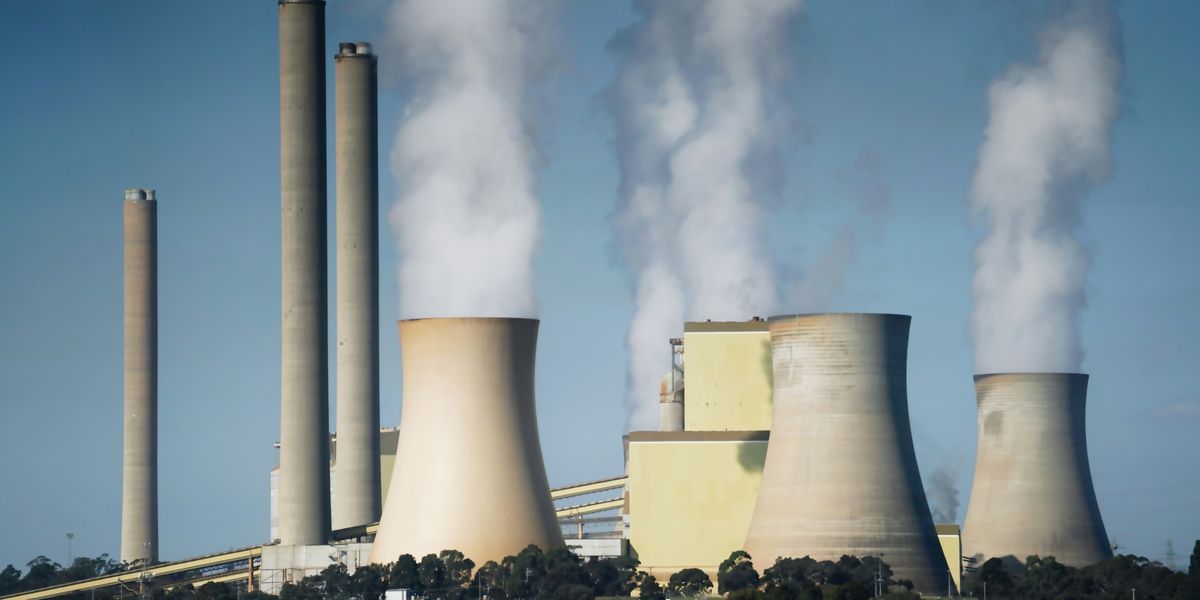universities
Top business schools are shifting MBA programs to focus on climate
Top business schools like Wharton are adapting their MBA programs to meet the growing demand for expertise in climate and sustainability, preparing graduates to navigate and capitalize on the evolving climate economy.
In short:
- Wharton’s new Environmental, Social, and Governance (ESG) major became its sixth most popular within a year, reflecting student demand.
- The program teaches how ESG factors impact business finances, highlighting both risks and opportunities in the climate transition.
- Growing interest in climate-related careers has led to more students pursuing roles in green investing and corporate sustainability.
Key quote:
“I wanted to bring more purpose to what I was doing professionally, try to be more mission-focused. I wanted to do something that would make the future a more liveable place.”
— Caroline Haley, second year MBA student.
Why this matters:
As the climate crisis reshapes industries, business leaders with expertise in sustainability will be essential for driving both economic growth and environmental progress. These programs signal a broader shift in how future executives are being trained to tackle global challenges.
Legal complaints against university fossil fuel investments filed in the US
Students at Columbia, Tulane and the University of Virginia have legally challenged their universities' investments in fossil fuels, claiming these are illegal and breach institutional obligations.
In short:
- Students argue investments in fossil fuel companies contradict the schools’ missions of promoting " socially beneficial ends."
- They highlight conflicts of interest with faculty and board members receiving payments from the fossil fuel sector.
- Legal actions align with broader divestment efforts and increased scrutiny of fossil fuel influence in academia.
Key quote:
"Universities occupy a unique position as a bastion of values and morals the best of society should strive for. When Columbia refuses to commit to divestment, it hinders those very same principles and continues a blatant disregard of the important climate work its own faculty, students and affiliates do."
— Nicole Xiao, second-year Columbia student studying climate systems science.
Why this matters:
Universities investment strategies set precedents, affecting public perceptions and policies on critical issues like climate change. As of 2023, more than 1,500 institutions representing more than $40 trillion in assets have pledged to stop investing in fossil fuel companies.
US students file complaints against six universities over fossil fuel investments
Students say that by investing in fossil fuels their schools are violating commitments to the public interest.
Students occupy schools and universities across Europe in climate protest
Twenty-two institutions have been shut down as part of proposed month-long campaign.
These elite universities have a fossil fuel problem
Colleges showcase mass timber, in research and on display
Experts say universities are helping to increase awareness of mass timber — layers of wood bonded with glue or nails — by demonstrating its potential as a low-carbon alternative to steel and concrete.



















